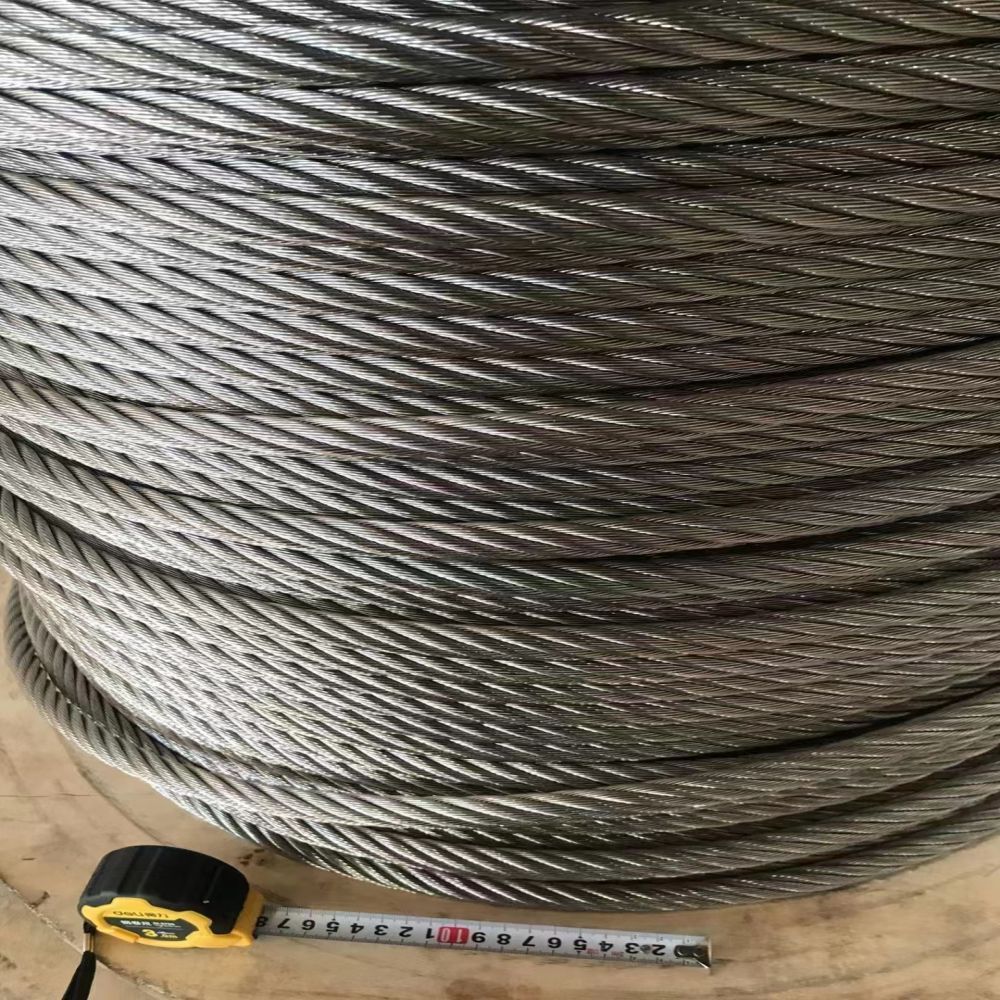
Stainless wire ropes are vital for their strength and corrosion resistance. Blogs offer insights for professionals and DIY enthusiasts on their uses and benefits. Here’s what you can typically expect to find in these blogs:
However, special steel wire rope its production, usage, and disposal significantly impact the environment. This article examines these impacts and discusses efforts to reduce the carbon footprint of steel wire rope manufacturing
The production process starts with extracting iron ore, which causes deforestation, soil erosion, and habitat destruction. Mining activities also produce substantial greenhouse gas emissions, contributing to climate change.
After extraction, the raw materials undergo smelting, refining, and rolling, which require significant energy, often from fossil fuels. These processes contribute to air pollution and greenhouse gas emissions. Additionally, they produce waste like slag and dust, which can contaminate soil and water.
Despite these challenges, the steel wire rope industry is reducing its carbon footprint. Manufacturers are adopting energy-efficient technologies, such as electric arc furnaces, and recycling scrap steel. These measures reduce greenhouse gas emissions and the environmental impact of production.
The industry also focuses on sustainable disposal practices. Steel wire rope is highly recyclable, and many manufacturers offer recycling programs for products at the end of their life cycle. Recycling conserves resources and minimizes environmental harm by preventing the release of pollutants.
Manufacturers are increasingly using recycled steel, which lowers the demand for raw materials and reduces the environmental impact. This shift promotes sustainability in the production of steel wire rope.
The environmental impact of special steel wire rope spans from production to disposal. However, the industry is making significant strides in reducing its carbon footprint and promoting sustainable practices. Continued investment in energy-efficient technologies, recycling programs, and sustainable materials can further minimize environmental impact and contribute to a sustainable future.
Stainless wire ropes are vital for their strength and corrosion resistance. Blogs offer insights for professionals and DIY enthusiasts on their uses and benefits. Here’s what you can typically expect to find in these blogs: